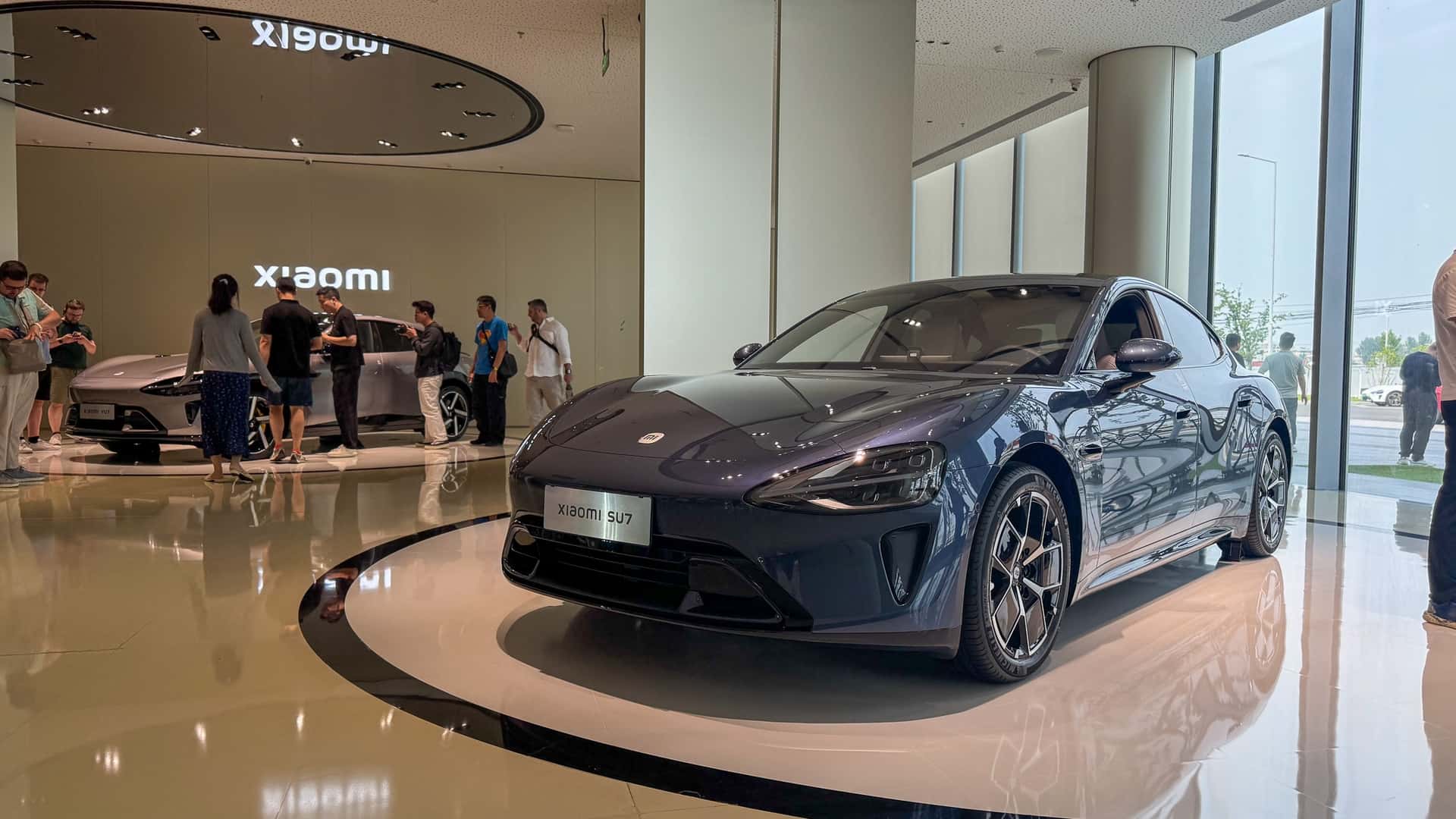Ford CEO Lauds China’s EV Industry as a Global Powerhouse

China has emerged as a formidable force in the global electric vehicle (EV) market, a development that has not gone unnoticed by industry leaders. Ford CEO Jim Farley recently described his visits to China as “the most humbling thing” he has ever experienced, highlighting the technological advancements, cost efficiency, and quality of Chinese electric cars. Farley’s remarks were made during an interview at the Aspen Ideas Summit, where he praised the rapid rise of China’s EV industry.
Speaking with journalist Walter Isaacson, Farley revealed that he has traveled to China six or seven times in the past year to assess the competition. “It’s the most humbling thing I’ve ever seen,” he said, emphasizing the superior in-vehicle technology found in Chinese cars. Farley’s observations underscore a significant shift in the automotive landscape, where Chinese firms have advanced the concept of “smartphones on wheels” or “software-defined vehicles” beyond what many Western companies have achieved.
China’s Technological Edge
According to Farley, the technological prowess of Chinese EVs is unparalleled. “They have far superior in-vehicle technology,” he noted, pointing out that Chinese cars integrate tech giants like Huawei and Xiaomi into their systems. This integration allows for seamless digital experiences, where users can interact with AI companions, make automatic payments, and even purchase movie tickets directly from their vehicles. Facial recognition technology further personalizes the user experience, identifying occupants and customizing media preferences.
In contrast, many Western automakers are still catching up, with technology in most U.S. cars limited to basic media players and navigation systems. Farley’s insights suggest that Chinese automakers have set a new standard for the digital experience in vehicles, challenging global competitors to innovate and adapt.
Competitive Challenges and Opportunities
The rise of China’s EV industry presents both challenges and opportunities for global automakers. Chinese firms have achieved significant manufacturing scale, driven by government subsidies and vertical integration, allowing them to reduce costs and produce high-quality vehicles at competitive prices. Farley expressed concern about this competition, stating, “We are in a global competition with China, and it’s not just EVs. And if we lose this, we do not have a future at Ford.”
One example of China’s competitive pricing is BYD’s Seagull hatchback, which sells for under $10,000 domestically and around $26,000 in Europe. Meanwhile, many global automakers are struggling to scale up EV production and reduce battery costs. Analysts predict that the intense price competition in China’s car industry may lead to market consolidation as smaller players struggle to survive.
Ford’s Strategic Response
In response to these challenges, Ford is taking proactive steps to learn from China’s successes. Farley explained that he brings his leadership team to China to test and analyze the latest vehicles. “Then we pick the four or five that we love and then we put them on a plane and fly them to Detroit. And then we drive the crap out of them, and then we take them apart and we put them back together,” he said. This hands-on approach allows Ford to understand and potentially integrate successful features into their own vehicles.
Additionally, Ford is developing a $30,000 electric car, which Farley described as “the Model T of EVs.” The company is also investing in the production of cheaper lithium iron phosphate (LFP) batteries in Michigan through a partnership with China’s CATL. Despite political controversy surrounding this collaboration, Ford argues that it is essential for producing affordable EVs in the U.S.
“People don’t realize that China has IP that America needs,” Farley stated. “I think we just need to be more humble as a country that they do things really well, that we need to learn.”
As Ford navigates the evolving landscape of the global EV market, the company’s strategy reflects a recognition of China’s influence and an acknowledgment of the need for innovation and adaptation. The future of the automotive industry may well depend on how effectively companies like Ford can integrate lessons learned from their Chinese counterparts.
For more insights into the EV world, contact the author at [email protected].





